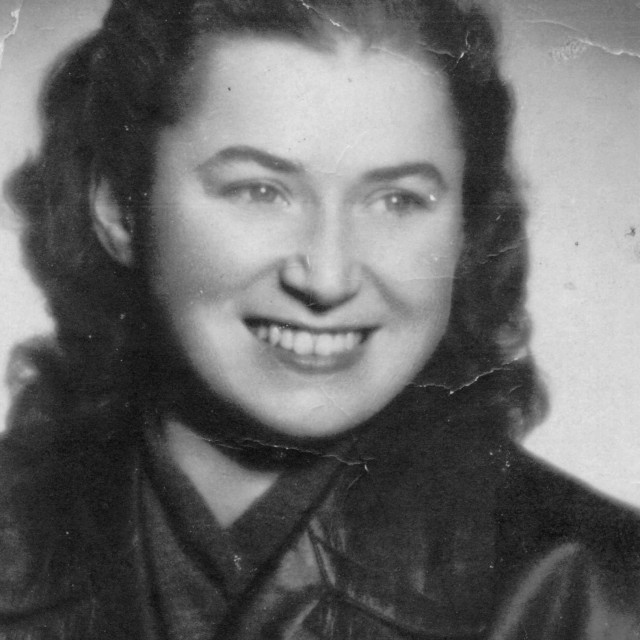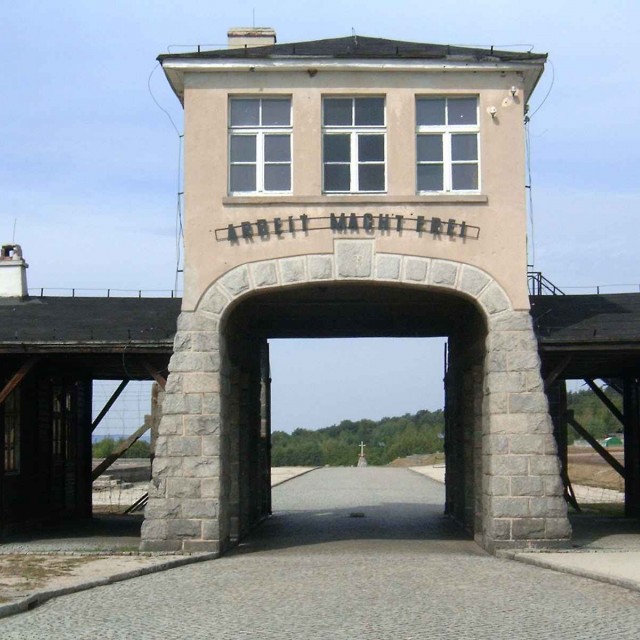They were torn by the dogs
Every three months, six hundred Jews died in the concentration camp of Hunsfeld near Wroclaw. Libuše Auderlická, a forced labourer in the neighbouring POW camp, recalls that in the evening, empty coffins and “three vessels of ‘dog food’ – one could not call the mash any other name – were brought into the camp”. In the morning, the food vessels were empty but the coffins were full. Most of the Jewish prisoners died of starvation, due to torture and exhaustion from labour. One afternoon, when Libuše and others were in the cloakroom, she saw through a window leading directly on the Appelplatz a scene that became her nightmare. Two Jewish prisoners were dragging a third one, who collapsed during work. The guard first let them go but immediately releases Alsatians at them. “Suddenly I heard terrible screaming,” says Libuše Auderlická. “I will never forget it. The dogs tore all three of them.”
Hodnocení
Hodnotilo 0 lidí
Trasy
Příběh není součastí žádné trasy.
Komentáře
Žádné komentáře k příběhu.





